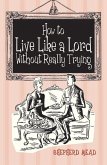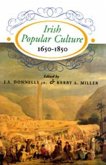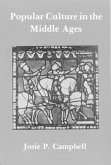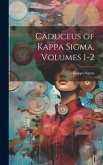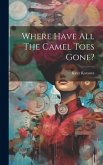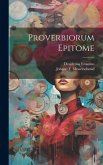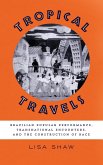Ideas about what it is to be British have recently become subject to change and discussion. The end of Empire, the loss of world power status, the collapse of old industrial communities, the decline of Protestantism, and the rise of nationalism in Wales and Scotland, have all served to change the perception of what it is to be British. This book offers a range of original perspectives on how Britishness might be constructed at the turn of the millennium, and where it might be going. It pulls together the disciplines of history, art history, cultural studies, film and television studies, sociology and politics. Looking at Britishness from a variety of geographical perspectives, from the English regions to the United Kingdom as a whole, the contributors incorporate ideas from sport to sculpture, from Belfast to Blackpool, and from James Bond to Barbara Taylor Bradford.

